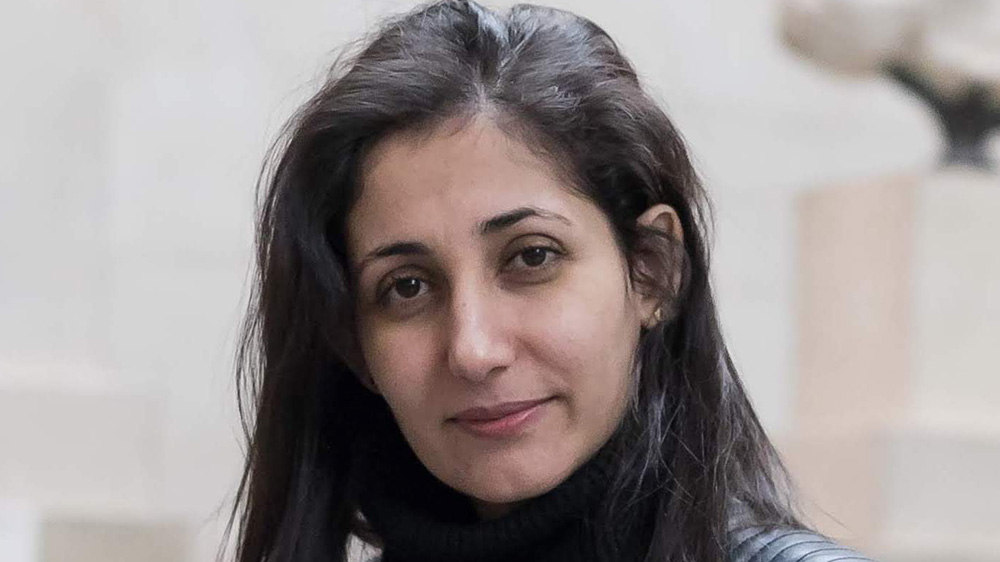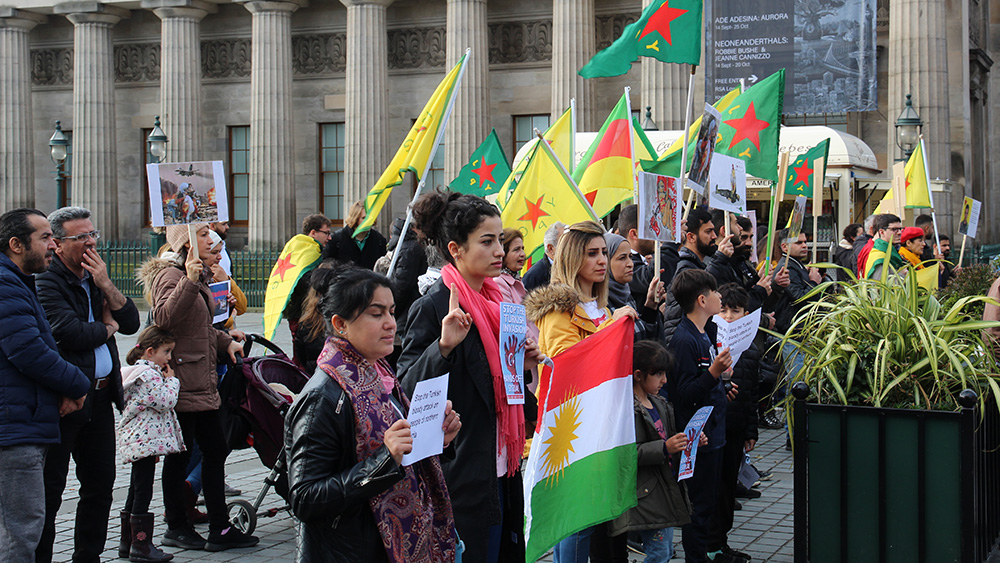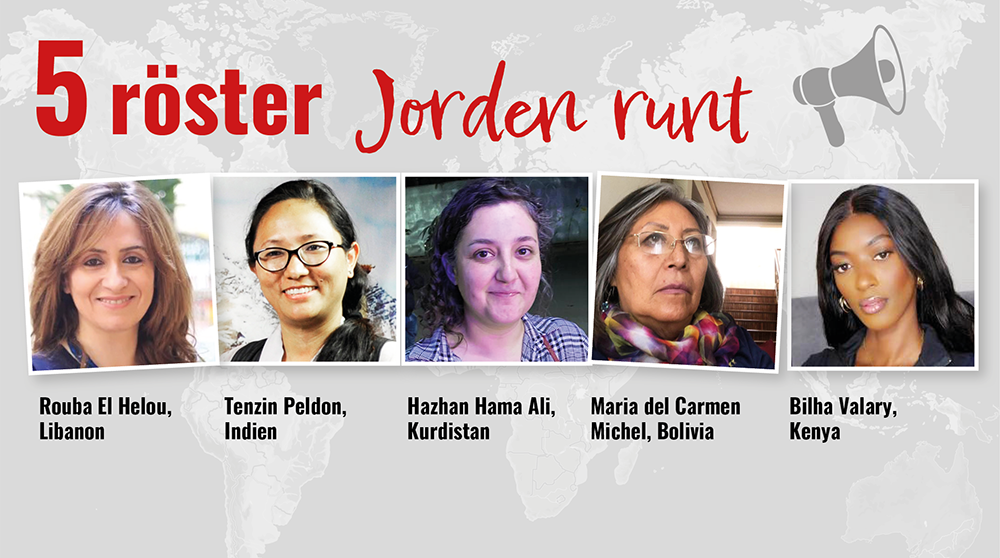OPINION. The usually strong voice of Europe and the United States to defend human rights has always reached all corners of the world. But it echoes quietly now when the West is itself in crisis and is letting others take the consequences, this time at the expense of Kurdish women, writes Reband Raza.
The opinions expressed in this article are those by the author.
After Russia’s invasion of Ukraine, two issues have been raised between Russia and the West, the first is energy issues and the second is ideology and values. Both sides want to put pressure on the other on these issues. The West has found itself in a serious energy crisis and considers it Russia’s way of pressuring Europe. At the same time, the EU countries are counterattacking by trying to find solutions together in order not to end up in a deep recession and calling Russia a dictatorship, but Russia is not intimidated by that criticism and continues with its blackmail.
The Western world’s war led by the US against Russia has reached the territory of Iraq as well. But in Iraq, the US is only fighting for energy and not values. For a long time, the energy issue has been a problem between Iraq and Iraqi Kurdistan. In today’s crisis, the US and Europe are pressuring Iraq and the Kurdistan Regional Government and demanding an agreement on the energy, so that they can sell energy to Europe to reduce Russia’s energy card in the game. At the same time, there is a conflict about values and human rights between Iraq and the Kurdistan Regional Government, in the latest report on Iraq from the US pressure is put on the Kurdistan government for more freedom and human rights, but in today´s conflict the US is silent and keeps a low profile.
Kurdish girls and women in Iraq have long lived under oppression by men and Iraqi constitutions that were largely based on the Koran. But the situation for women has turned around since Saddam Hussein’s regime was overthrown in 2003 with the help of US forces. Iraqi Kurdistan became an independent region, but to some extent still under Iraqi law.
The then prime minister of Kurdistan regional government, Nechirvan Idris Barzani, took the fight and worked for women’s rights and freedom. He was the first Kurdish leader to speak about women’s freedom in society. Anyone who has taken up the fight for women’s rights in Kurdistan has encountered resistance from Islamist parties, imams and many civilians who are influenced by the religion of Islam and oppose change. But despite the resistance and the Iraqi constitution, Nechirvan Barzani managed to change laws through legislation that gave women a chance for freedom, a voice and participation in society. Amnesty in a report in 2009, among other things, mentions the new laws and developments as a great success for women’s rights. Therefore, Kurdistan was described as another Iraq in the world.
However, on November 30, 2022, the Federal Court of Iraq decided to overturn some of the legal changes that have been made, criticizing Kurdistan for going against the constitutions. Once again, women are deprived of their freedom. Women’s organizations and feminists expressed concern about the new decision by Iraq’s federal court, saying it goes against women’s rights and freedom and gives men more power to oppress women.
Kurdish women and the future generation are beginning to see a darker future. But this time we hear no opposition from the US for women’s rights. Time goes by and so does the fight. Women’s freedom is weakened and equality goes backwards. Once again, we witness the politics of leaving out the women in crisis.

The question that must be answered now is, do the freedom fighters USA and Europe only want energy from Iraq for their own gain or should they let Kurdish women pay the price for the West’s energy crisis? Do we dare to believe that they are also willing to defend values and human rights for Kurdistan?
Now is the right time, US and Europe have the chance to raise their voice again and not let Kurdish women pay for their crisis. Act and defend human rights when it needed most.
Reband Raza
Teacher, born in Iraqi Kurdistan, living in Sweden since 25 years.


